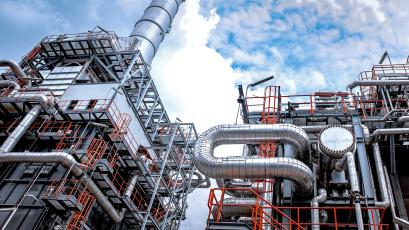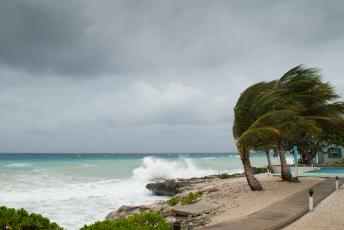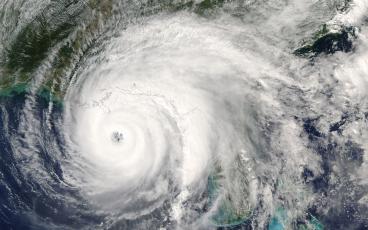The official beginning of the Atlantic hurricane season usually begins on June 1, but the National Hurricane Center moved it up to May 15 with the formation of an early tropical storm in the Atlantic in the first half of the month. Predictions for the 2021 hurricane season call for a higher number of storms than in a normal year, as many as 19 named storms, eight hurricanes and four major hurricanes. Named storms are tropical storms that have a wind speed of 39 miles per hour (mph) and become hurricanes when wind speeds reach 74 mph. Major hurricanes have winds of 111-130 mph or above, and are classified as Category 3, 4 or 5 hurricanes depending upon their windspeed.
Although we don’t know exactly what to expect this year, our members are ready. They have established and regularly enhance their hurricane preparedness plans to do whatever needs to be done to keep everyone safe – from making sure that resources are where they need to be in the event of supply disruptions; to regular communications and coordination with governments at the local, state and federal levels; to ensuring that our employees and communities have the supplies they need.
Our members develop comprehensive emergency preparedness plans that include conducting their own and participating in strategic government exercises to improve and streamline emergency response. Working through AFPM, they participate in the Oil & Gas Sector Coordinating Council and the Chemical Sector Coordinating Council – partnerships between private industry and the Federal government – to share and disseminate real-time information.
Even if we are faced with a more intense hurricane season, we are adept at dealing with new and unforeseen circumstances. We demonstrated this last year when adjustments were quickly made to continue to operate and keep our employees and contractors safe and healthy during the height of the global pandemic. Some of the COVID19 measures remain in place today including screening employees entering facilities for fevers; ensuring ride-out crews and suppliers are healthy; planning added virtual communications with local authorities; and using drones to quickly access site damage instead of employees.
Whatever happens this year the people who work in our facilities and live in our communities can be sure that our companies will do whatever it takes to operate safely and in an environmentally sound manner.


